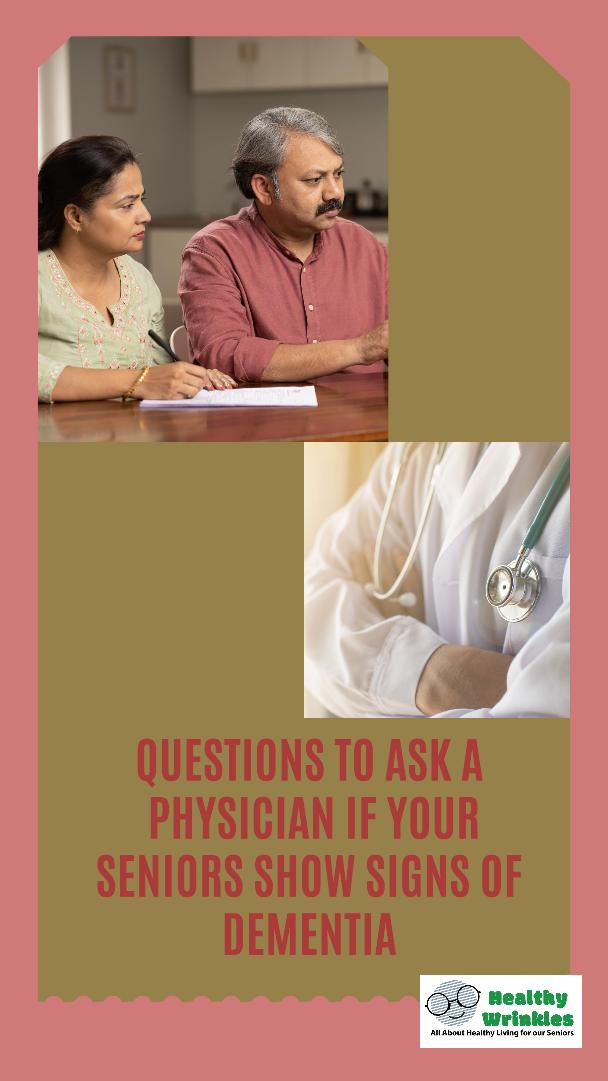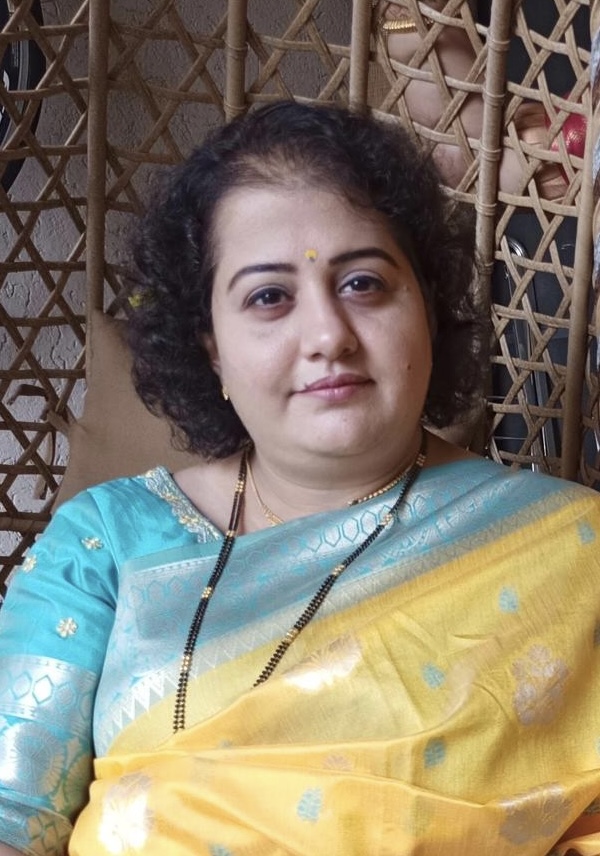
When a senior loved one shows signs of dementia, you need to ask your physician the right questions to get the right answers.
This article offers essential questions to ask the physician, ensuring you get the information and support needed for your senior's care. Read on to feel more confident and prepared to address the signs of dementia in your loved ones.
When a person's ability to think, remember, and reason is so impaired that it affects their day-to-day activities, they are said to have dementia. Dementia affects roughly one-third of adults 85 years of age and above, but it is not a typical aspect of ageing. (1)
When you see signs of dementia in seniors, it's important to have a detailed discussion with their physician to understand the condition, its progression, and the care required. Early signs of dementia can be observed in seniors.
To learn about the first signs of dementia in seniors, read our article Early signs of Dementia in Elders.
Watch our videos on dementia by leading health experts.
Here are some questions you can ask the physician:
Understanding the Diagnosis
1.What specific type of dementia might my loved one have?
2.What tests will be done to confirm the diagnosis?
3.Are there other conditions that could be causing these symptoms?
4.What stage of dementia do you believe they are in?
Dementia Treatments and Management
1.What treatment options are available?
2.Are there medications that can help slow the progression or manage symptoms?
3.What are the potential side effects of these medications?
4.How will you monitor the effectiveness of the treatment?
Daily Life and Care
1.What changes should we make to their daily routine to help manage symptoms?
2.How can we create a safe environment at home?
3.Are there specific exercises or activities that can help maintain cognitive function?
4.How can we manage behavioral changes and mood swings?
Support and Resources
1.What resources are available for dementia care in our country?
2.Are there support groups for caregivers and families?
3.Can you recommend any specialists or clinics that focus on dementia care?
4.Are there any educational materials or websites you recommend for learning more about dementia?
Long-Term Planning
1.What should we expect as the disease progresses?
2.How can we plan for future care needs?
3.When should we consider professional in-home care or a care facility?
4.What legal and financial planning should we consider?
Monitoring and Follow-Up
1.How often should we schedule follow-up appointments?
2.What symptoms or changes should prompt an immediate visit to the doctor?
3.What can we do to track symptoms and progress at home?
Diet and Lifestyle
1.Are there dietary changes that can support brain health?
2.What role does exercise play in managing dementia, and what types are recommended?
3.How important is sleep, and how can we ensure they get adequate rest?
Understanding Prognosis
1.What is the expected progression of this type of dementia?
2.What signs indicate the disease is progressing?
3.What are the potential complications we should be aware of?
Medications and Interactions
1.Are there any medications they should avoid?
2.How will their current medications interact with dementia treatments?
3.What can be done if they have trouble taking medications as prescribed?
Cultural and Social Considerations
1.How can we address dementia-related stigma within our cultural context?
2.Are there culturally specific support services or resources available?
3.How can we involve family and community in their care effectively?
Emergency Situations
1.What constitutes a medical emergency in dementia patients?
2.Who should we contact in case of an emergency?
3.What are the signs that we should seek immediate medical attention?
These questions can help you gather essential information and guidance from the physician, ensuring that you are well-prepared to provide the best possible care for your loved one with dementia.
By asking these questions to a physician, you can get clear answers to your senior’s health condition.
If you are interested in a doctor online consultation, visit our consultation section.
References:
About The Author:

This article is written by Dr Rucha Joshi. Dr. Rucha Joshi is a highly respected Consultant Psychiatrist based in Thane city, with an impressive 13 years of experience in the field of psychiatry.
She holds a DNB in Psychiatry and a DPM, showcasing her extensive training and expertise. Dr. Rucha is affiliated with several esteemed institutions, including the Institute of Psychological Health (IPH), Bapat Hospital, and Vasant Vihar Hospital. Her dedication to mental health and well-being is evident in her compassionate approach and her commitment to providing exceptional care to her patients.
Healthy Wrinkles is devoted to better healthcare for senior citizens. We hope that our Healthy Wrinkles YouTube channel, blogs and healthcare service databases will help seniors and their families to ensure better senior care.
We hope that you found this article helpful. Feel free to add your comments to this article.
Do you want to get answers to your concerns about dementia? Are you interested in getting in touch with experts in senior care, and senior care homes? Send us a message or call us on our WhatsApp number 099679 13884. You can call us at 099679 13884 to get information or estimate about any senior care service free of cost.
You can also write to us at
Disclaimer: Healthy Wrinkles does not recommend or offer any medical diagnosis, treatment, or advice. The information provided here is only for the awareness of disease or ailment among individuals, caregivers, and the public. The advice of doctors, licensed professionals, or therapists who are knowledgeable about your particular situation should always be sought before using the information provided here. It should also not be used in the event of a medical emergency or for the diagnosis or treatment of any medical condition. If you want urgent assistance, contact a qualified medical professional.

